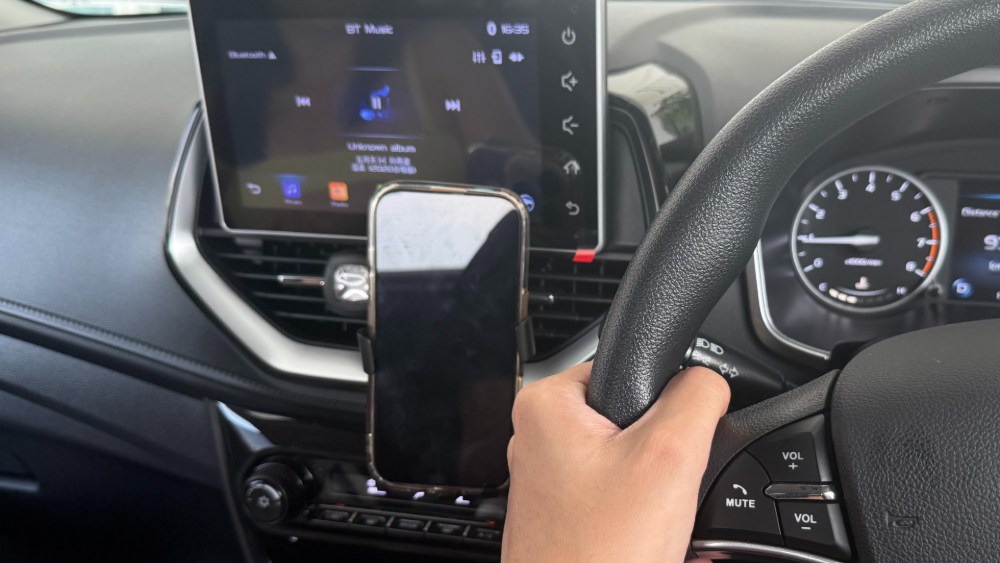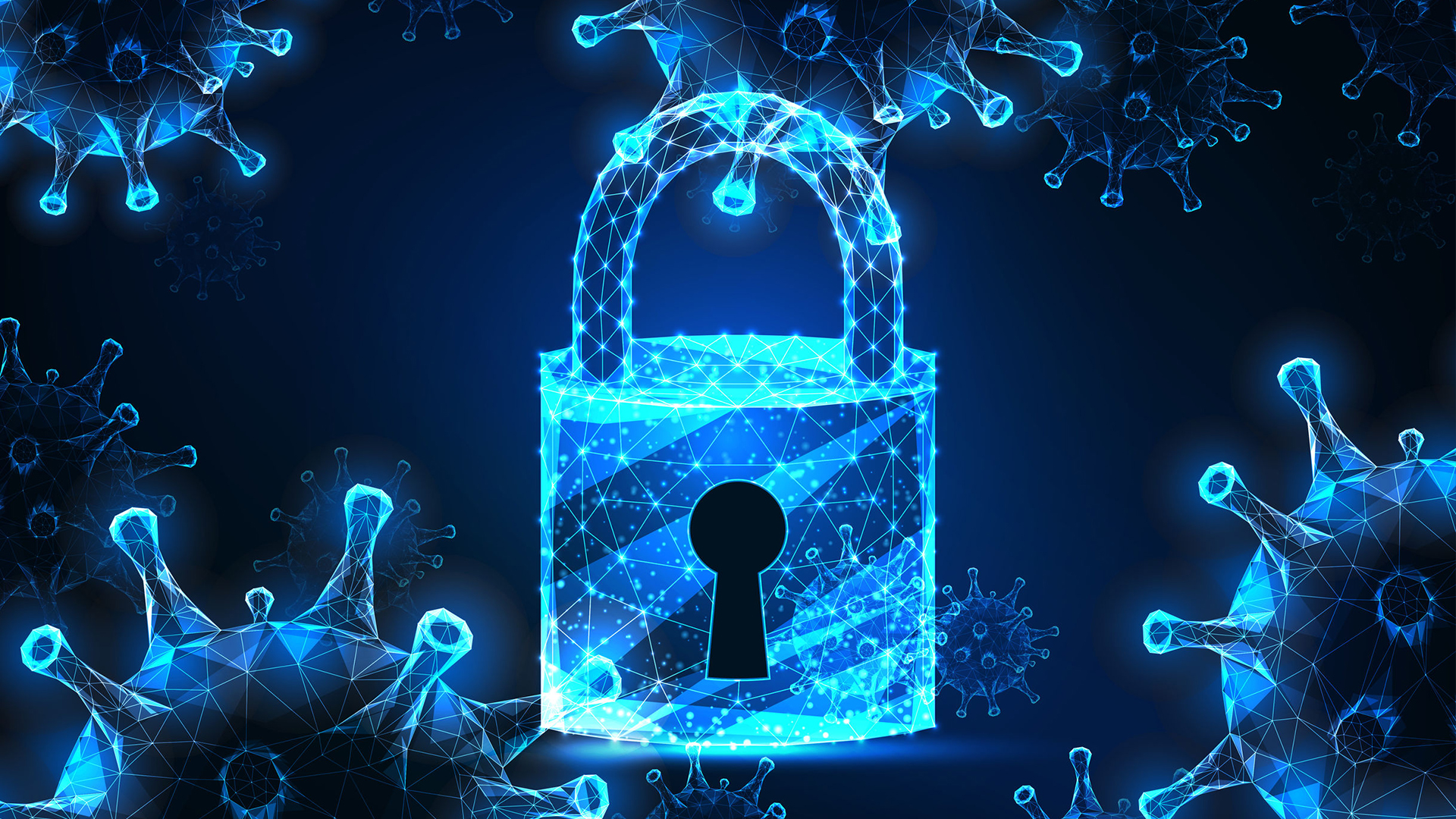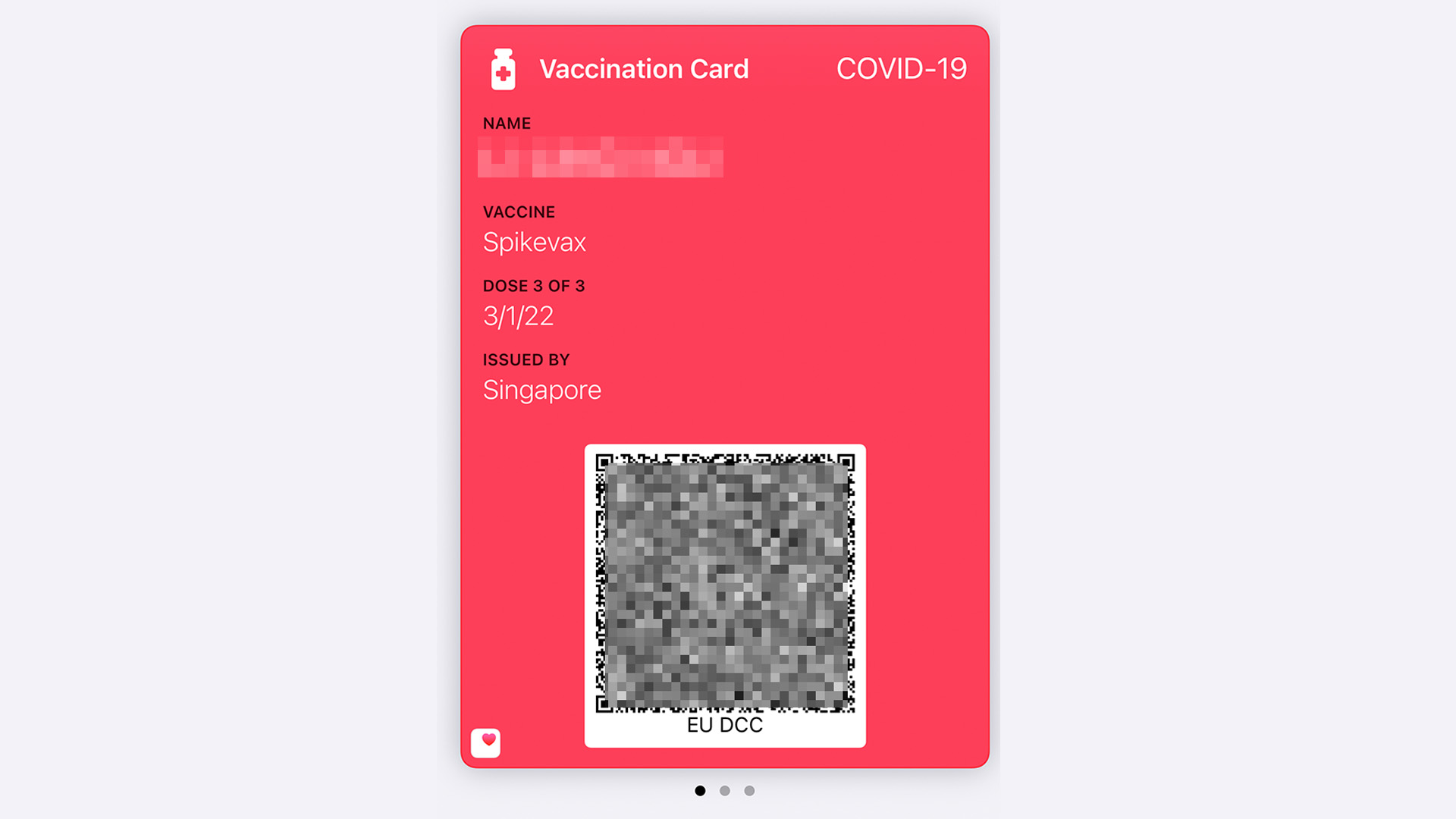What Does The Word "Lockdown" Really Mean?
The COVID-19 pandemic worsens day by day and in response, Singapore introduced tougher “circuit-breaker’ measures last Friday: For a month, non-essential workplaces will be shut and schools will all shift to home-based learning.
Since then, there has been a lot of online chatter suggesting that it is actually a “lockdown” or even a “pseudo-lockdown” (What does "pseudo-lockdown" even mean?). Such chatter arose possibly because these new measures feel similar to what has been implemented in countries that are officially on a lockdown, including Malaysia, France, and the UK.
As we brace ourselves for a new way of life, it seems timely to think deeper about what the word “lockdown” really means.
What’s in a name?
Searches for the meaning of “lockdown” have spiked by 9,900% during this pandemic, according to Merriam-Webster.
The Oxford dictionary defines it as “a state of isolation or restricted access instituted as a security measure”. In fact, “lock” came from the Old English word “loc”, which was used to refer to a “means of fastening”.
However, the term has been used often since - and especially now during this pandemic - and means different things to different people.
What were past lockdowns like?
Large-scale lockdowns are rare, but have been imposed before during extraordinary times of crisis.
In 2013, after the Boston Marathon bombings, the city had been reported to be on a 23-hour lockdown to hunt down the suspected terrorists who could have still been hiding in Boston. Public transport was stopped and people stayed home. However, later reports suggested it was more of a “shelter-in-place” request than a lockdown order.
In 2015, Belgium imposed a lockdown on Brussels due to the terrorist attacks in Paris. Like Boston, the lockdown was imposed to help the authorities search for the suspected perpetrators of the attacks. Schools, shops and public transported were suspended and terror alert levels were raised to their highest. The lockdown was lifted four days later.
So, uhh, are we in a lockdown?
Well, officially we aren’t.
However, the movement control measures have clearly been toughened. There is some difference between what we have and other lockdowns. We’re not trying to catch terrorists. We can still go out for grocery runs. We still have public transport and other essential services. But, we’ll also have to live with these measures for a much longer time.
So, instead of debating whether the “circuit-breaker” is a "lockdown" or not, perhaps it would be wiser to focus on following the new guidelines and preparing for the new lifestyle expected of us.
What’s more important is to actively practise safe distancing, avoid going out as much as possible, wash our hands and remain calm.
If past lockdowns could teach us anything, it’s that working together is the best way to get things done.
For the latest updates on Wonderwall.sg, be sure to follow us on Facebook and Instagram. If you have a story idea for us, email us at [email protected].











